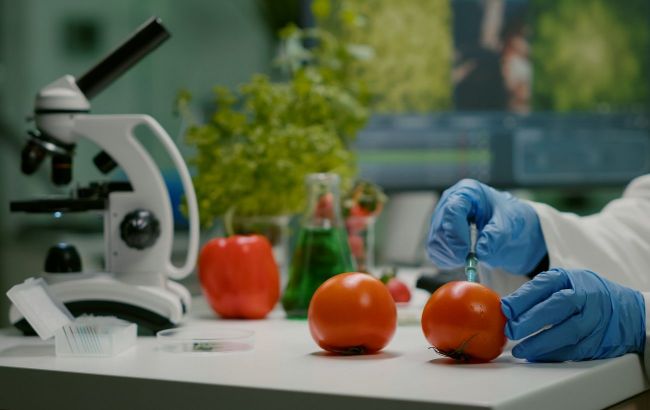GMO in diet: Risks you need to know and how to recognize them
 Photo: Should you be afraid of GMO products (Freepik)
Photo: Should you be afraid of GMO products (Freepik)
The topic of genetically modified food is once again making headlines. While lawmakers debate legislative regulations, consumers continue to look for "Non-GMO" labels on store shelves. But do these products really deserve their bad reputation? Ukrainian professor and dietitian Oleh Shvets explains on Facebook.
From breeding to test tube
For thousands of years, humans have selectively bred plants to achieve better yields. Traditional breeding, however, is a slow process. Genetic engineering changed the game by enabling the introduction of new DNA into plant cells, thereby conferring specific traits. The first such commercial product, a tomato, appeared in 1994.
Today, GM crops are a tool for food security. They help feed the global population, especially in regions with challenging climates.
Advantages of GMOs
Producers don't choose this path without reason. Genetic modification offers clear benefits:
Resistance and efficiency
These crops can better withstand drought, heat, and saline soils. They are tolerant to pests, allowing farmers to use fewer pesticides.
Appeal
GM apples or potatoes brown less and spoil more slowly, reducing food waste.
Nutritional benefits
Scientists can enhance nutritional value. A vivid example is "golden rice," enriched with vitamin A.
Most concerns about GMOs currently lack scientific evidence, although research continues.
Allergies
The risk exists only if an allergen gene is transferred (for example, from a nut to soy). Such risks are assessed before the product reaches the market.
Changes to human DNA
This is a myth. Food DNA, whether from GMOs or conventional products, is broken down in the digestive system and does not integrate into our genome.
Cancer
There is currently no evidence that GMOs increase the risk of cancer.
How to recognize GMOs in stores
Ukrainian law, like European regulations, requires labelling if GMO content exceeds 0.9%.
The most common GM crops worldwide include potatoes, soybeans, corn, rapeseed (also known as canola), sugar beets, tomatoes, and rice.
Be cautious with processed foods: corn syrup in sweets, starch in sauces, or soybean oil in mayonnaise can often be derived from genetically modified plants.
You may be interested in:
- Top 5 probiotic foods that help strengthen immunity
- Are organic products really healthier?
- The hidden risks of taking melatonin you didn't know about
This material is for informational purposes only and should not be used for medical diagnosis or self-treatment. Our goal is to provide readers with accurate information about symptoms, causes, and methods of detecting diseases. RBС-Ukraine is not responsible for any diagnoses that readers may make based on materials from the resource. We do not recommend self-treatment and advise consulting a doctor in case of any health concerns.

